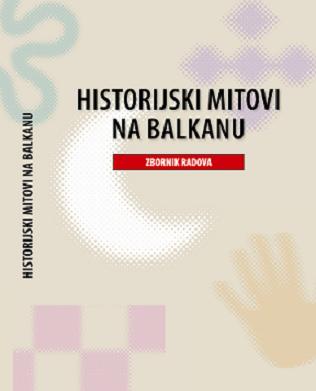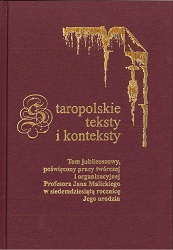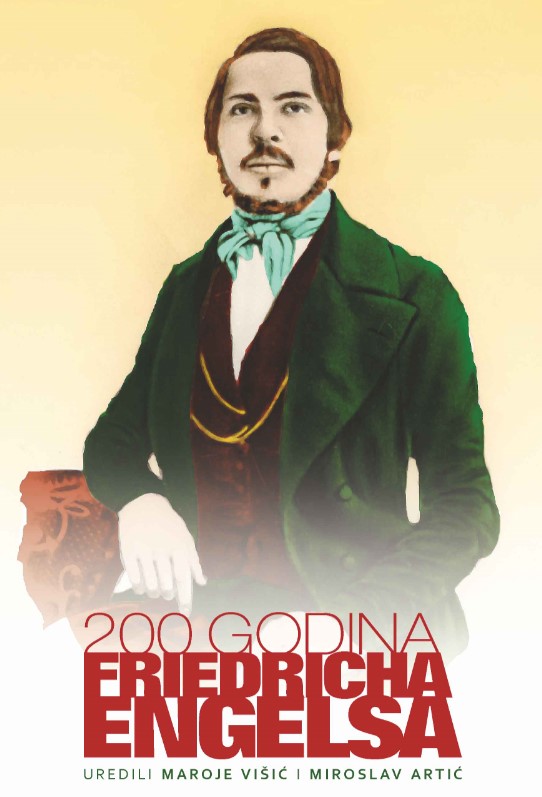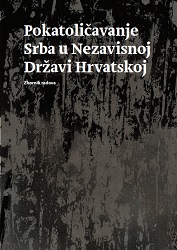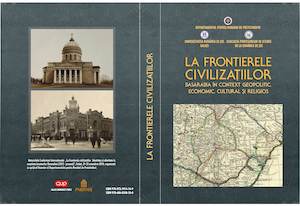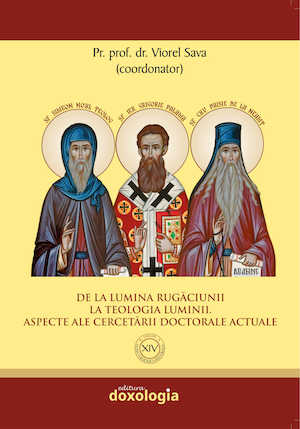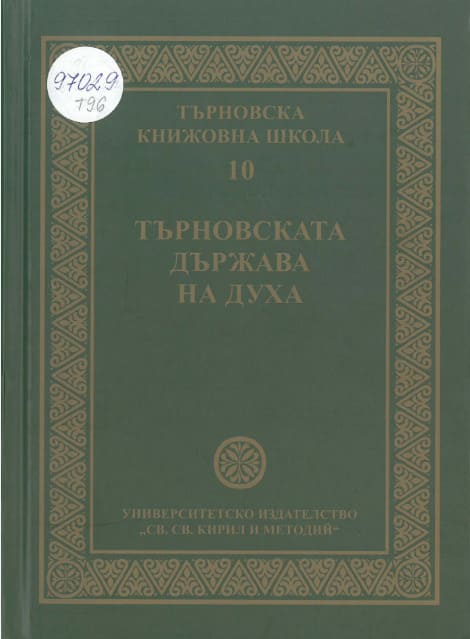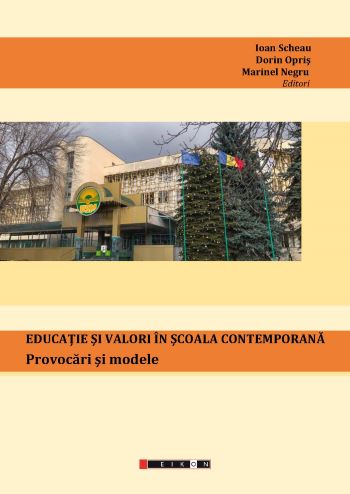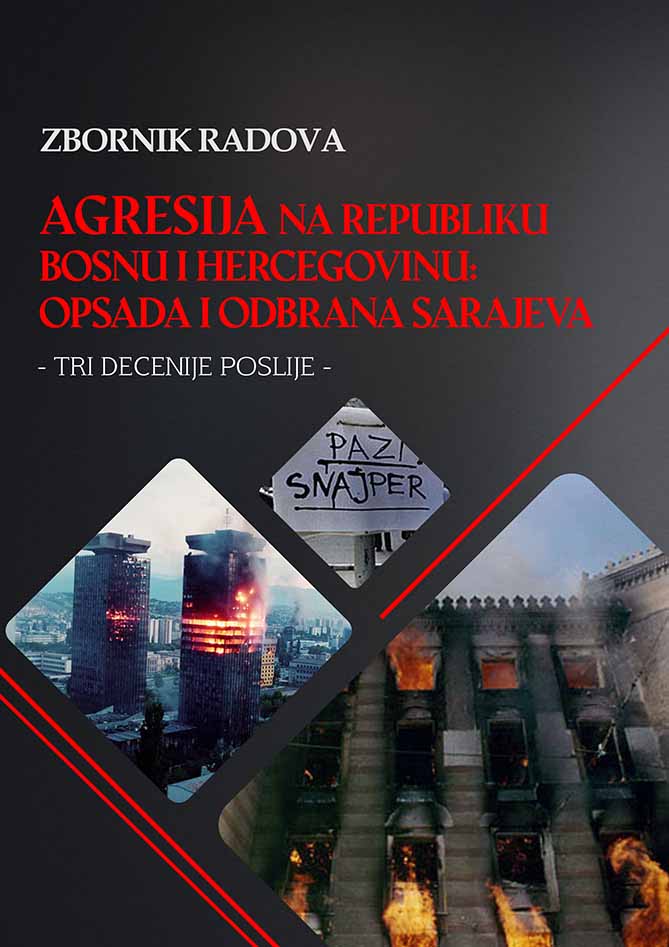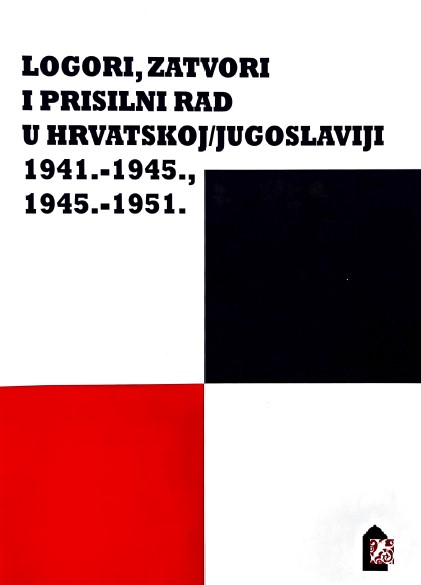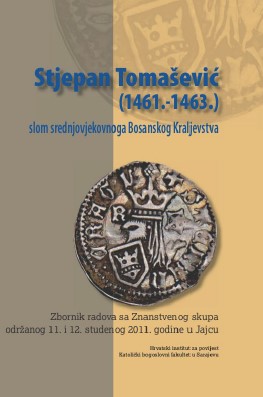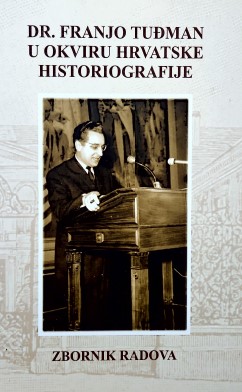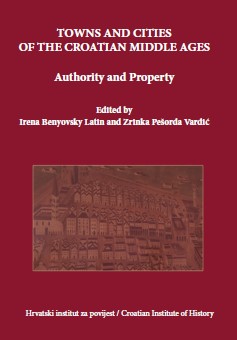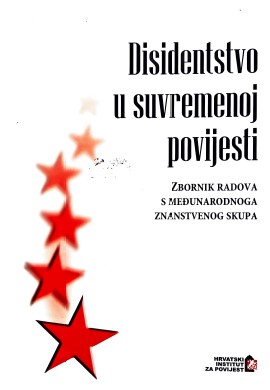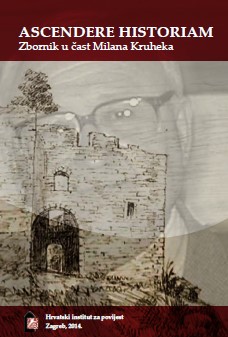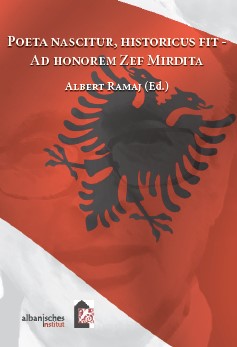Author(s): Franjo Topić / Language(s): Croatian
Publication Year: 0
The aggression against Bosnia and Herzegovina, by its nature, remains forever written in the history of Bosnia and Herzegovina and remembered by the people who suffered it. Painful and negative things are remembered more, especially the dead, wounded, and disabled people, as well as fear, hunger, and thirst. All those who lived through it and suffered it recount and will recount the events of that era for the rest of their lives. No matter how personal the memories are, they are still important, because they bear the mark of a concrete experience, and they have a context. Future scholars will try to objectify it, but they will always lack a context that is impossible to construct even close, let alone completely, later on. Who will imagine that people in Sarajevo first lived in a besieged and blocked city? It was a big prison, and we all know, even without personal experience, what a prison means. Who will be able to comprehend the situation in which numerous citizens for months received 200 grams of rice per week, that they did not eat anything serious for months, that they did not have water, electricity, transportation, telephone, cigarettes? Some said that they could not live with it, nor could they die. Some envied the dead. The Catholic Church and its Caritas and St. Anthony’s Bread tried as much as they could to alleviate the needs of hungry people, including by providing clothes and everything else necessary for life. At the beginning of the war in April 1992, HKD Napredak also registered as a humanitarian society and developed a significant humanitarian activity in addition to cultural and social activities, even though it had just been rebuilt (September 29, 1990). It suffices to say that Napredak organised 80 concerts, 37 exhibitions, several book promotions and various events in Sarajevo alone during the three and a half years of war. “The first musical event was organised by HKD Napredak, which, during the war-time years, took the lead in organising all cultural events in the city.” Moreover, Napredak distributed together with Vrhbosna seminary 403,000 meals, under which auspices it operated and protected. Napredak itself distributed 436 tons of food and medicine worth about two million DEM (= BAM, today 1 million euros). What is important for this context is that it provided a lot of humanitarian aid to members of other nations, at the time when exclusivity was dominant. Many living witnesses can testify to this.
More...
